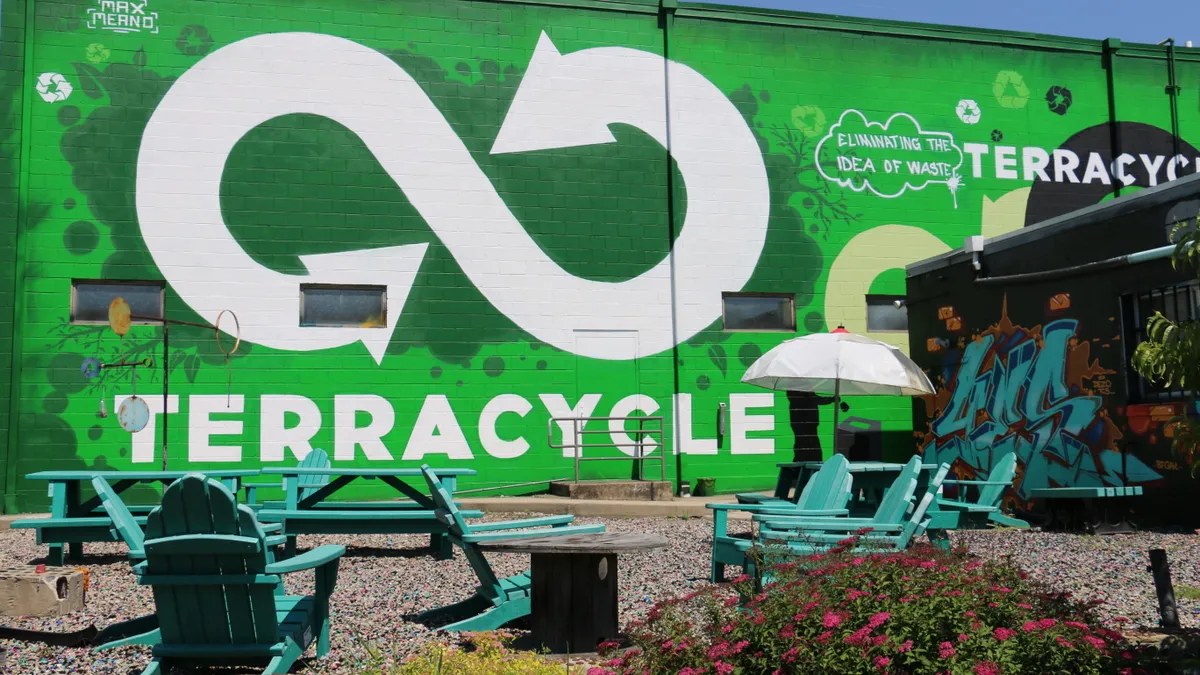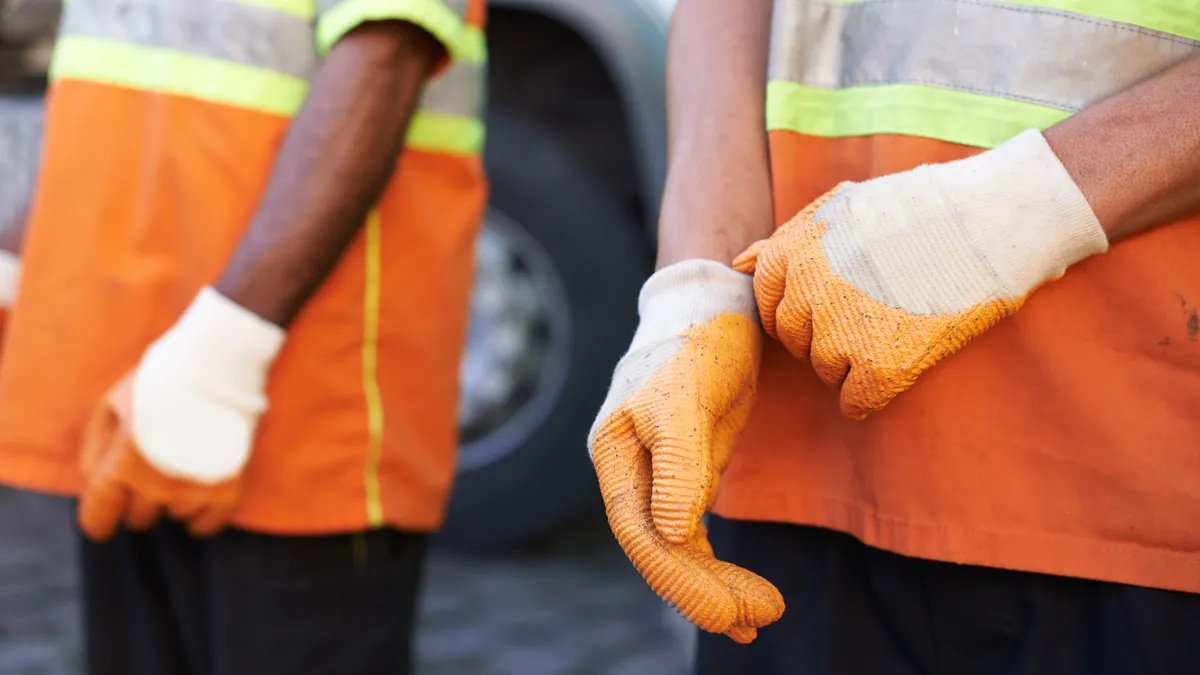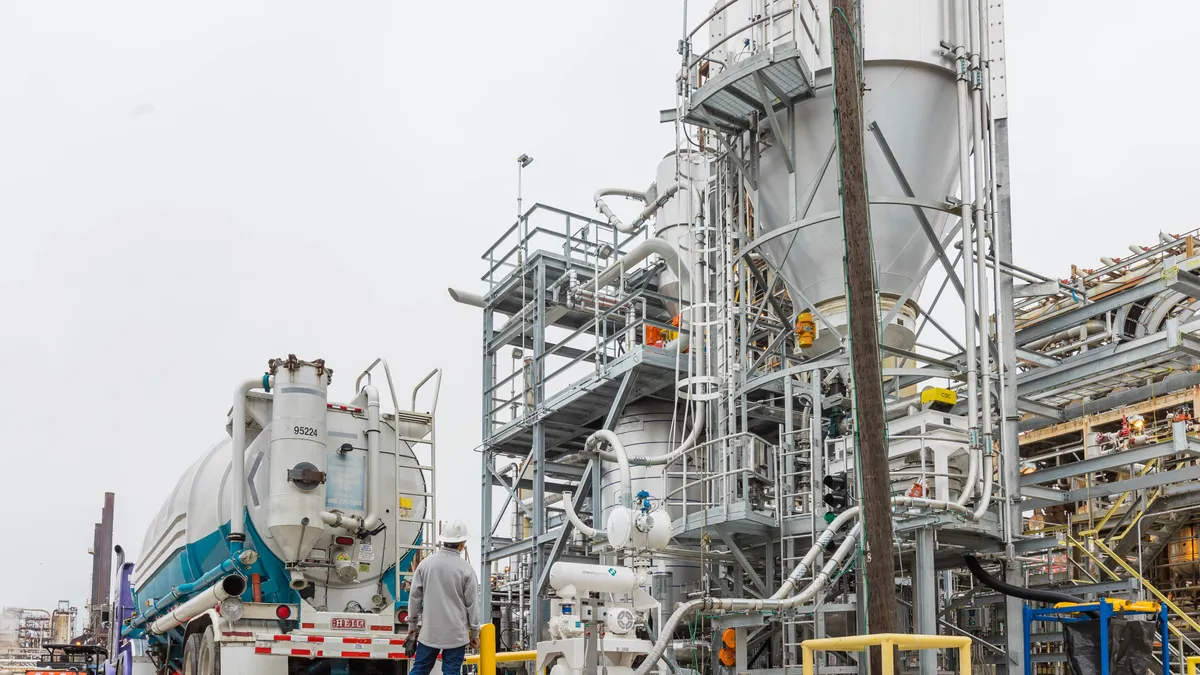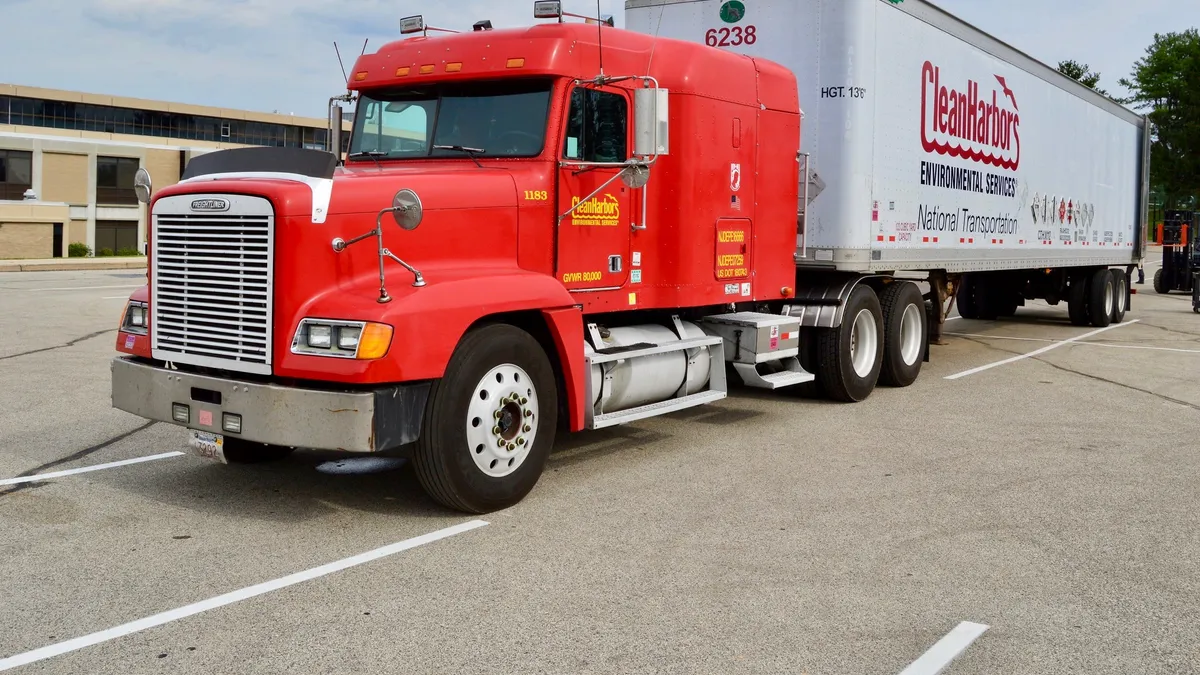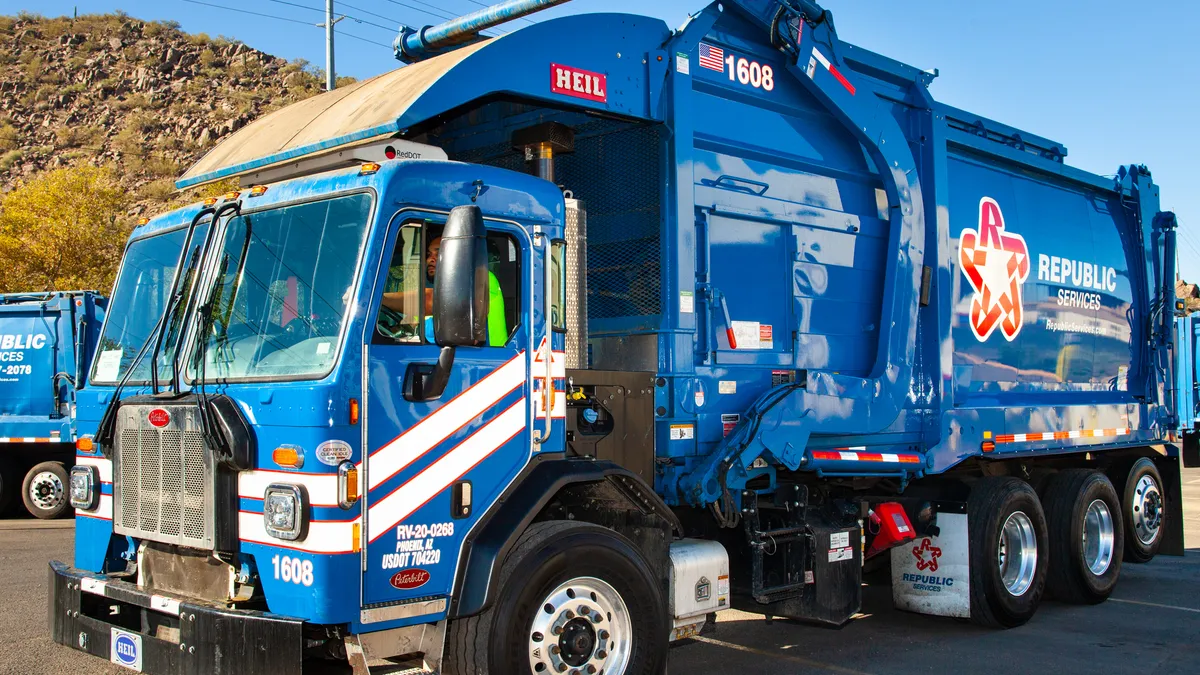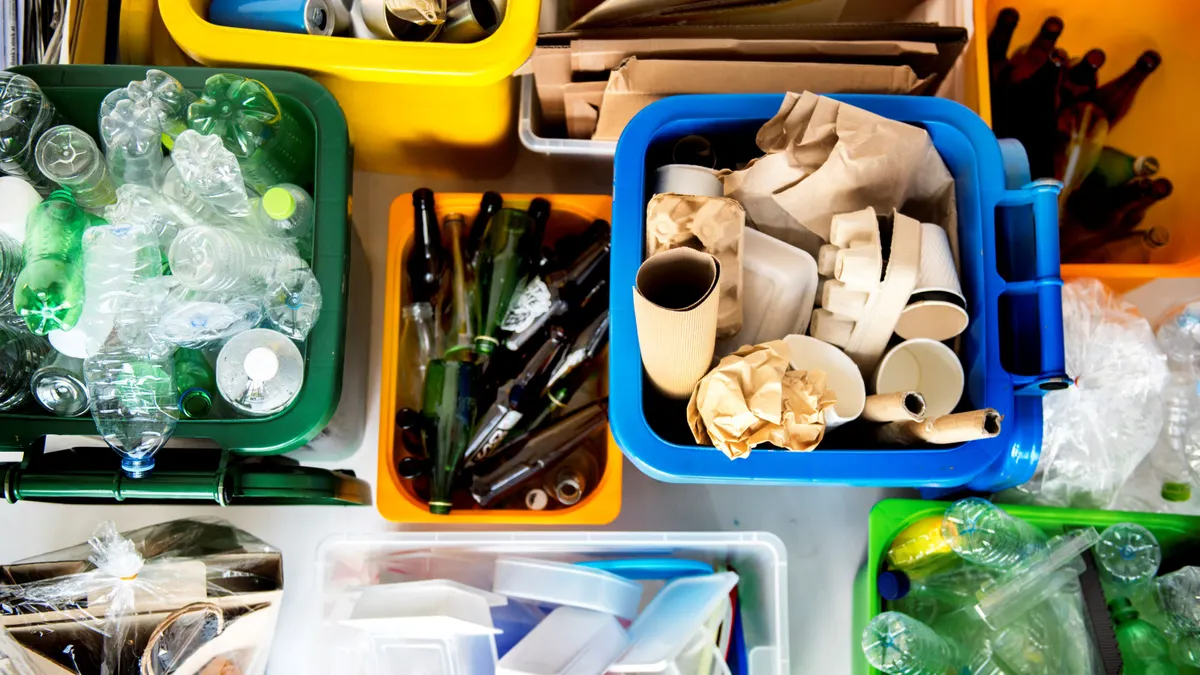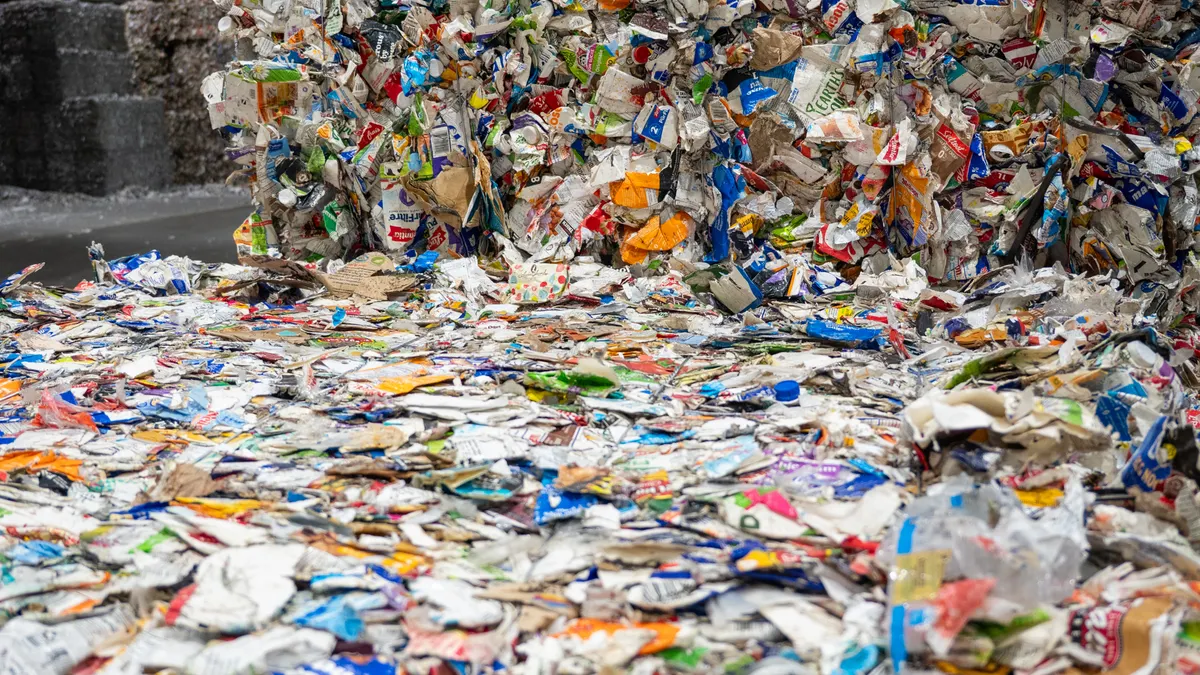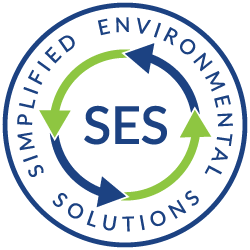TerraCycle has long been known for its creative, though niche, approach to the recycling industry. Now it's on track to try and upend the whole model.
Since it was founded in 2001, the New Jersey-based company has expanded to more than 20 countries and racked up a lengthy list of recycling solutions for seemingly impossible items. This has grown to include everything from diapers and chewed gum to candy wrappers and office supplies. More recently, it went to a new level by using marine plastics to make shampoo bottles.
Coming off 50% revenue growth and a hiring spree in 2017, the company is in the midst of a $25 million fundraising round. It also just made its first-ever acquisition — Air Cycle, a Chicago-based recycler of fluorescent bulbs, batteries, ballast and e-waste. TerraCycle is now leading up to its announcement of LOOP, a seemingly major though still mysterious line of durable and reusable packaging. Backed by big brand names, LOOP will launch this time next year at the 2019 World Economic Forum.
All of this is being driven by the company's 200-person team and the energetic leadership of CEO Tom Szaky. Waste Dive spoke to Szaky about his growth plans, least favorite sustainability catchphrase and thoughts on a new model of resource consumption that might one day put a dent in his business if it fully comes to fruition.
WASTE DIVE: What's your overall growth strategy and timeline in terms of the new Series A fundraising round, the big announcement at Davos in 2019 and then eventually going public?
TOM SZAKY: We're right now in the middle of raising $25 million, which is for one-third of TerraCycle US.
The goal of the money as it comes in, and so far it's been coming in quite nicely, is one we want to use some of it to acquire more organizations. We did the Air Cycle deal, we're looking to do more. And we're really looking to pick up and acquire specialty recycling companies, that are say between $25 and $5 million in revenue, that are stable but really haven't grown.
The second strategy is to continue to grow our current business units, which is really focusing on how do you recycle non-recyclable waste, and how do you integrate high-value products. And then also to finance or to lay the groundwork for our new reusable platform.
January 2019 it's going to be launched at the World Economic Forum, which is happening right now... And that sets the stage, if all that moves nicely, to really seriously consider a proper IPO. We're right now $30 million in revenue. We want to get to about $70 [million]... which we think we can achieve smoothly over the next few years. That's the right time for us to go public.
Will target acquisitions also be similar to Air Cycle and deal with waste that may have state or federal diversion mandates?
SZAKY: Not exclusively, but you hit something really good there. If you think about TerraCycle's core business, everything we do are things that you don't legally have to do. You do it because you like to. And for us it's actually a pretty big uphill battle, to figure out how to create business models that give you enough ROI to spend money to do something voluntary.
What's exciting about the regulated waste environment, both universal waste and hazardous waste, is that you have to do it legally. Light bulbs, batteries, medical sharps, that sort of thing.
There are some big players in it...but if you take those guys out of it, there is tons of really high-quality mom-and-pop outfits that are doing anywhere from half a million to say $20 million in sales, have really good fundamentals, really stable, big diverse client base and clients that really like them... By bringing them in we think that we can pick up really good profitable revenue, but then aside from that really grow them quite quickly.
Does this mean we can expect to see TerraCycle support more extended producer responsibility (EPR) policies in states?
SZAKY: Absolutely... Because we think EPR and legislation is only a good thing, frankly. It keeps consumers more safe. If you're thinking about hazardous waste you want that to be regulated... So for consumer safety, regulation is really valuable. [Also for] EPR which has less to do with consumer safety, it creates budgets to be able to do innovations.
One of the sort of biggest jokes that [is] circulating in my mind is you're getting lots of major organizations out there, big consumer product companies, today committing to make all of their packaging recyclable by say 2020.
But if you really read between the lines... it's that the waste will be technically recyclable, as in a laboratory it could be recycled. And the joke to me is it already is. I mean everything can be technically recycled. That's not the issue. The issue is having to do with economics. Can it be profitably recycled? And this is the big disconnect I think that manufacturers have with the waste management industry.
As it comes to EPR... the EPR enables the dollars to flow, which is really important and that's why recycling rates in Europe are higher than the U.S. And I wish national EPR one day came to be [here].
A lot of companies have recycling goals, and possibly even packaging reduction goals. Does it present a profit concern at all that people may not need to buy so many products some day?
SZAKY: If everything became practically recyclable that would harm TerraCycle's business, for sure. And I hope it happens. Full stop. I really would love that to be the case, and we're actually even doing that in a way to ourselves.
Seventy-five percent of our revenue today, and it's growing, is physically collecting and recycling things that are hard to recycle — from light bulbs, hazardous universal waste to everything else, diapers to chewing gum, you name it. And that part is growing, but yes for sure would be disrupted if suddenly waste is not an issue anymore.
The second major business unit focuses on how do we integrate waste, not into low-value goods but into very high-value goods like primary packaging. And that's growing as well, and that wouldn't be as disrupted if everything gets recycled.
The big new model we have that we're going to be launching a year from now is all about moving major consumer product brands away from disposable packaging into highly durable packaging that goes through reuse type loops. I can't get into too much detail, but there our function effectively moves from shredding, melting, creating new polymers, that sort of thing, into sterilizing and cleaning and quality-checking to make sure that that package can go around again mechanically and from a bacterial point of view. If that model really takes off, it could really eliminate the concept of waste, or at least move us into that direction.
Terms like "zero waste," "closed loop," and "circular economy" have become very popular now, but may be getting diluted because of over-saturation. Does that bother you?
SZAKY: I think there's one specific term that bothers me in all of this, and that is "zero waste to landfill." Because what zero waste to landfill can be, if you want to be the most cynical to it, is incinerate everything. I think many consumers or laypeople, when they hear "zero waste to landfill" in their mind they think "Oh, that means that that factory is recycling everything." And it's simply not true.
You have investment from Suez in Europe and Progressive Waste Solutions in Canada. They both recycle, but also make a lot of money from disposal. How do you balance that out with the company's goals?
SZAKY: I'd like to compare and contrast the North American waste management company experience to the European one. What really is exciting about Suez is that they really believe in the future of waste, the material management flow. So they love that durable idea we're presenting, even though that would take waste out of their dump trucks. And they really believe that waste is a resource... They want to become more like a Dow or a DuPont in the future, where they're seen as a material management organization, where half their business is collecting and the other half is selling materials. It's not just about destruction of material or getting liabilities solved.
Inversely, in North America, the problem — really led by Waste Management and because of this all the big garbage companies, Waste Connections everyone has echoed this — is landfilling is absurdly profitable. There's huge inventory of landfill capacity and recycling economics are not great.
So [in] North America we have a partnership, but I'd say in Europe, Suez is doing a lot more with it and really getting a lot more out of it and so are we.
Though we are very happy with the [North American] partnership overall... Progressive Waste got bought by Waste Connections, and the Waste Connections people are great. They're wonderful people. They do like recycling, but landfilling is crazy profitable and you know they have to honor that... So I totally get it, but I hope it changes over time.
Hypothetically, is it realistic to think the U.S. could make do with its current landfill capacity if the economic equation around recycling significantly changed. Or do you see it as more gradual?
SZAKY: I think it's going to be more gradual. I think it's going to be different models coming out that slowly move our dependence away from disposability. I think the solution to this waste issue, the temporary Band-Aid is recycling. The long-term solution is moving away from disposability. I think we have to do both.



